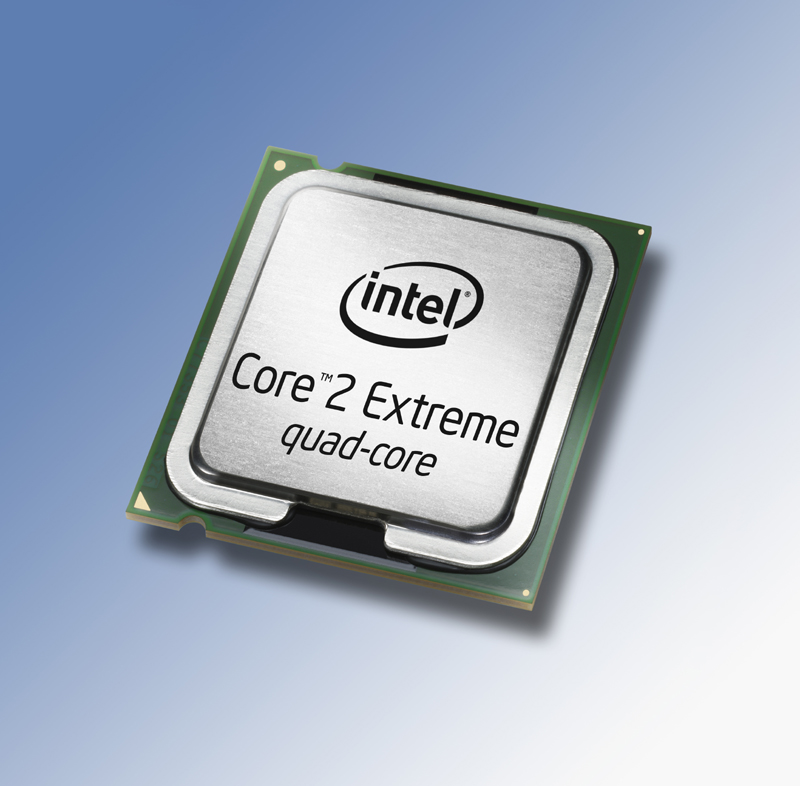Fab at 40: Intel's super chip
4004 reasons to be cheerful

Forty years ago today, Intel introduced something amazing: the 4004, the first commercially available microprocessor.
A 4-bit, 1/10th-MHz chip doesn't sound like much today, but it was revolutionary: as Intel recalls, it "delivered the same computing power as the first electronic computer built in 1946, which filled an entire room."
The 4004 got off to an unimpressive start - a manufacturing error meant that the first batch didn't work, the 4004 itself was destined for an unglamorous life inside Japanese calculators and rivals didn't see anything worth getting excited about - but Intel's then-CEO Gordon Moore called it "one of the most revolutionary products in the history of mankind." He wasn't exaggerating. Without the microprocessor, the world as we know it today wouldn't exist.
Why Intel won
The 4004 was a direct ancestor of today's super-speedy, multi-core marvels: it begat the 8-bit 8008 processor, which in turn led to 1974's 8080 - the processor that laid the foundations for the X86 architecture that Intel still uses today.
Intel created the first commercial microprocessor, but it wasn't alone for long: then, as now, Intel soon had multiple competitors, some of whose products delivered superior performance.
Intel's success wasn't just about technology, though: it was about really smart negotiating too. The 4004 was designed on behalf of the calculator firm Busicom, and when Busicom demanded deep discounts Intel agreed - but in exchange, it got the right to sell 4004s in other markets.
Intel repeated the trick with the 8008: its customer, Computer Terminal Corporation, had designed both the chip and its instruction set - it was known at CTC as the 1201 - but when the chip didn't meet CTC's own performance goals, the firm decided to use a different processor in its terminals and signed over its designs to Intel.
Get daily insight, inspiration and deals in your inbox
Sign up for breaking news, reviews, opinion, top tech deals, and more.
The 8008 would soon power the world's first real microcomputer, the Sac State 8008, and the first commercial personal computers, the French Micral N and the US SCELBI-8H. Its descendant, the 8088, would become the heart of the IBM PC.
Like many tech triumphs, Intel's success was a mix of luck, clever negotiating, competitors' mis-steps and being in the right place at the right time, but that doesn't make it any less of a triumph: while lots of firms claim to have changed the world, Intel actually did it.
From smartphones to sat-navs, computers to cars, Xboxes to X-ray machines, the 4004's grandchildren make the world work.
Writer, broadcaster, musician and kitchen gadget obsessive Carrie Marshall has been writing about tech since 1998, contributing sage advice and odd opinions to all kinds of magazines and websites as well as writing more than a dozen books. Her memoir, Carrie Kills A Man, is on sale now and her next book, about pop music, is out in 2025. She is the singer in Glaswegian rock band Unquiet Mind.
